Challenging Japan’s ‘Girl Power’ Concept Through Badass Training
A Bodybuilder's Perspective On "Joshiryoku”
Why do we, as women, shy away from being strong when we are strong by nature. Here's one way to redefine girl power as a foreign woman in Japan.
Jyoshiryoku, or Girl Power, in Japan
When I think of “girl power,” I think of independent badass women, who have control over their lives and finances, are physically strong and healthy, and have their own unique style and way of thinking. The nuance of the Japanese term “joshiryoku” (literally, girl power) is, however, far different and describes the “power” to be the all-encompassing “feminine woman.” If you’re referred to as someone that’s “joshiryoku takai” (high-level of “girl power”) you likely have a spotless home, cook elaborate meals, always have your nails and makeup done perfectly and are a great socializer. You’d be a good wifey and you embody old-school femininity.
When it comes to health, maybe your “joshiryoku” level is high if you order juice cleanses or frequent an oshare hot yoga studio. Deadlifting twice your bodyweight is most often considered scary and having calluses and chalk on your hands from lifting is certainly not feminine. Diet, drink juice, and hold the pink dumbbells. Many women are led to believe that’s enough “girl power.”
When I think of “girl power,” I think of independent badass women, who have control over their lives and finances, are physically strong and healthy, and have their own unique style and way of thinking.
As in the west, it’s all-too-common for women in Japan to avoid picking up the weights as to avoid the societally ingrained fear of “getting too big.” It’s becoming rare to find strength trainees in Japan who train for anything other than aesthetics, given the popularity of weight loss services such as Rizap. If a man can bench press three plates, he’s seen as an advanced strength trainee and not to be messed with. See a woman benching more than her body weight? She’s a weirdo. Societal expectations and misunderstandings about what actually happens on a biological level when you strength train force us to gravitate toward the tiny pink dumbbells and resort to unsafe dieting practices.
My kind of jyoshiryoku
I have a full-time job, but a huge part of my identity is being a professional natural bodybuilder. But, considering I have been all shapes and sizes in my life, that’s been a recent development in my life since about 2014. Growing up with a very athletic build (broad shoulders from diving and big legs from figure skating), I was always self-conscious about my body because it wasn’t traditionally “feminine.”
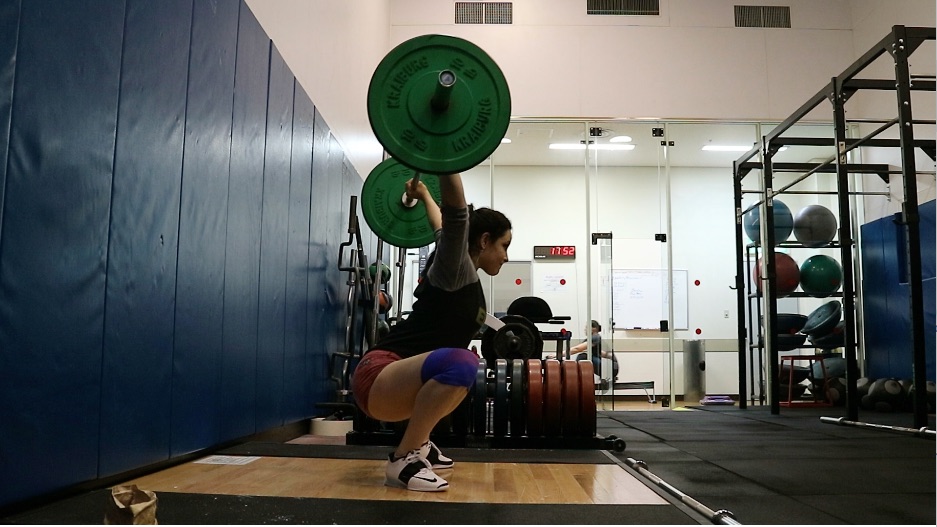
While working in television after college, I attempted to lose weight by only drinking a venti Starbucks latte and smoking a pack of ciggys a day. I got very tiny, but it wasn’t sustainable and clearly very unhealthy. Both of my sports required specialized coaching and facilities, so I couldn’t restart. That’s when I found bodybuilding — something that can be done nearly anywhere in the world and gave me the stimulus I craved.
I’m not soft. I’m not demure. I certainly don’t do what I do to please anyone else but me.
Being a bodybuilder has taught me a lot about the power of the human body and the ability in which we can convince our minds to pursue things far past what we think we are capable of. It also taught me to disconnect negative emotional distractions from my physical being and stopped me from truly hating my body. Bulking and cutting are part of the sport and neither shape is “good” or “bad.” Both are just aspects of my professional season. In my off-season, I’ve got a big ol’ juicy butt, curves, boobs, and can outlift my boyfriend.
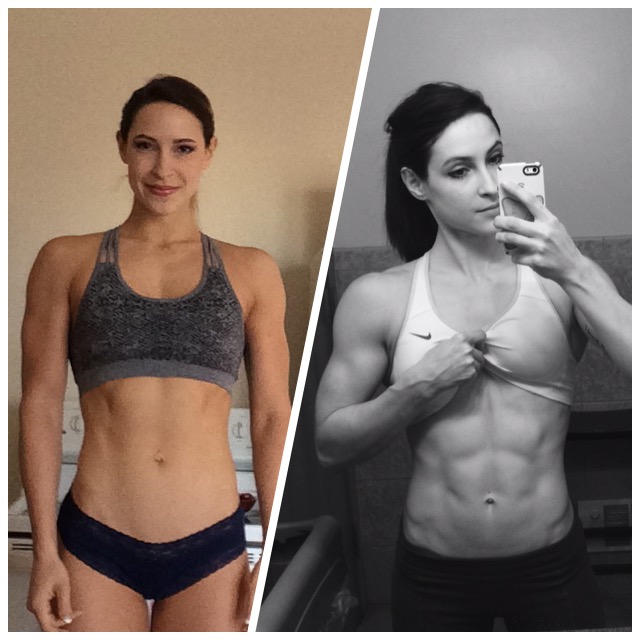
When I’m prepping for a show, I am either praised by men and women, receiving compliments like “You’re so shredded!”, “How is that possible?” or “You look like a manga character!”, or am berated as “disgusting”, “looking like a man”, or looking “like a dried piece of fruit with a head on top of it” (actually, a compliment to a bodybuilder). People will say what they will, and what I do goes staunchly against what “joshiryoku” stands for. I’m not soft. I’m not demure. I certainly don’t do what I do to please anyone else but me. Through bodybuilding, I have developed both physical strength and the ability to love my body in all stages. I give zero hoots about who thinks what about my physique.
Let’s redefine joshiryoku to prove that women are not lesser men in both sports and life.
As a pro, it’s difficult for me to explain to the average fitness enthusiast exactly how much intensity goes into preparing for the stage. Every aspect of my life is tracked, monitored, and analyzed. Every gram of food I put in my mouth is weighed and tracked, meals are timed, every rep performed in the gym and every minute spent doing cardio is accounted for, my sleep is optimized (at least eight hours a night) if I’m dieting for a show. This is in order to reach the lowest amount of body fat while maintaining the most muscle.

Bodybuilding is already highly stigmatized, especially for women. In Japan, our joshiryoku is highly tied to appearance, and various new federations in Japan are founded on this idea. This is damaging in two ways: It makes bodybuilding more of a joke and less of a sport…and it objectifies women at the same time. These federations promote women becoming as thin as possible, focus on a singular body part, or are overly sexualized and have nothing to do with strength training or symmetrical musculature. It’s not the traditional bodybuilding that encourages women to gain muscle and become stronger physically and mentally through the process that occurs prior to the glitz and glamour of being on stage.
Women in sport
A huge problem with “joshi ryoku” is that it lowers expectations for women, especially in sport. It assumes that women are weak. While it is scientifically true that women carry more fat and produce less testosterone than men (shout out to boobs and butts and functioning hormones), female strength trainees are proven to produce just as much muscle as men in studies.

Female hormones make us the perfect candidates to get strong. Estrogen is constantly seen as the antithesis of testosterone and thus makes us “inferior” to men in training spheres. In fact, the estrogen in our bodies keeps our joints safe, allows for faster muscle repair, and thus faster recovery time, allowing us to get away with training heavier and more often than the dudes.
Since when did “difficulty” become “impossible”?
We just start out with less muscle in the first place. You probably were not hitting the gym with your bros in high school. We have less presence in professional sports and in the gym. This gives us fewer idols to choose from and fewer candidates to set records and prove that elite female athletes are just as prevalent, but given fewer opportunities to try.

Women also deal with a whole slew of difficulties that men cannot understand (hello, periods and PMS, pregnancy, menopause….) But since when did “difficulty” become “impossible”? It’s up to us to create great role models, encourage other women, believe in ourselves as strong individuals, and challenge traditional ways of thinking.
Redefining joshiryoku
As a bodybuilder, I care about aesthetics. I started my training journey with the stage in mind. I hit my goal weight. I had the dream body that men and women thought was impossible to achieve. But I struggled with where was I supposed to go next. I took an offseason upon returning to rural Japan and found out that it was the training that satisfied my hunger to achieve more and be a better role model as a strong woman.
It wasn’t the “dream body” that kept me going. Rather, it was the actual training that releases serotonin, the “feel-good” hormone.
I looked back on my training log and saw how far I had come. I couldn’t front squat six months ago, and now I can front squat nearly two times my body weight. I am proud of myself, and it has nothing to do with my appearance. I constantly set small goals, crush them, set bigger ones, and overcome them, too. Other women see the confidence that radiates inside. That creates a change calling for more powerful women to reach their full potential. And, to me, that’s joshiryoku in its most literal sense and what is necessary to see women thrive and be successful.

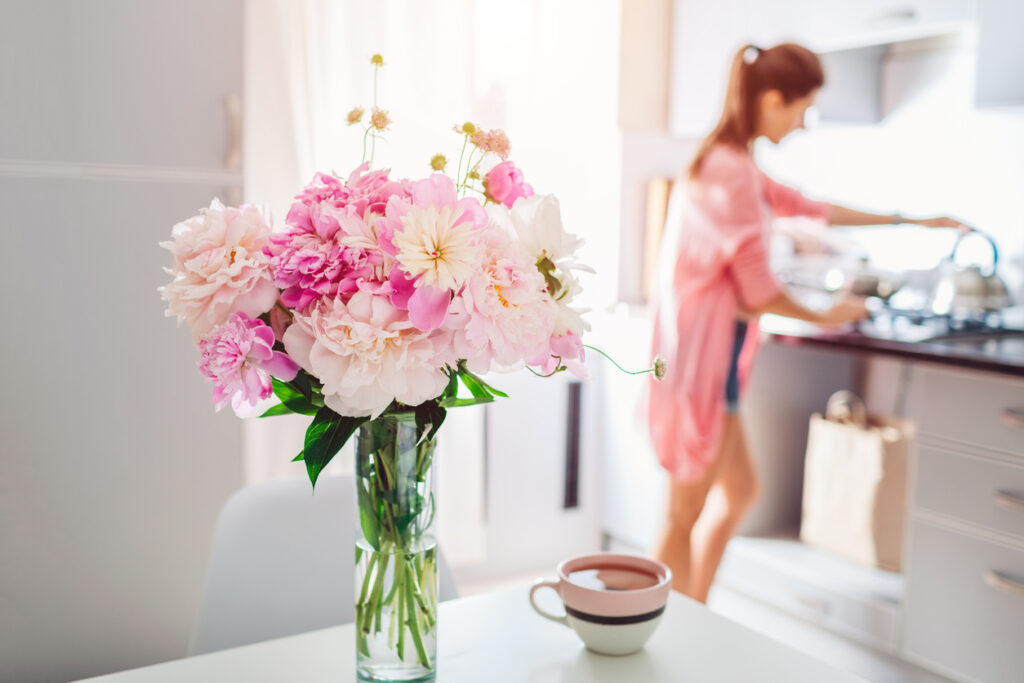
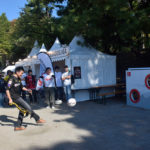


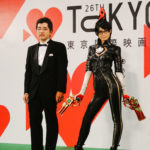





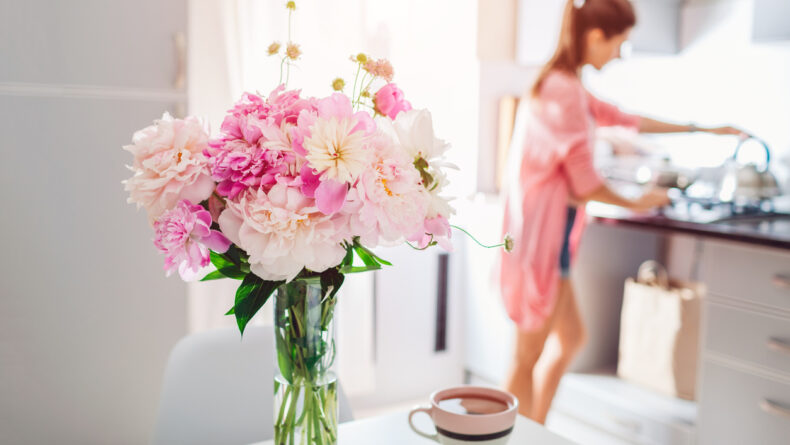
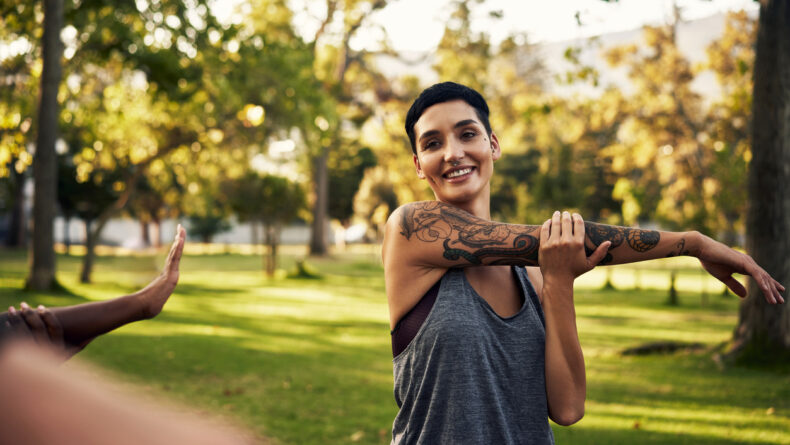
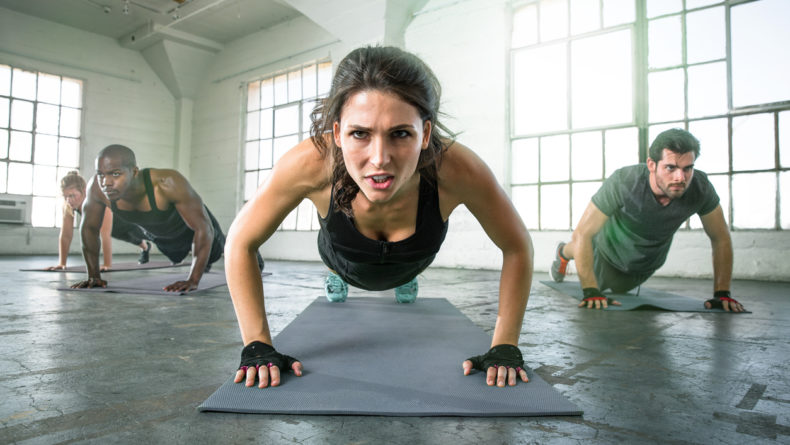
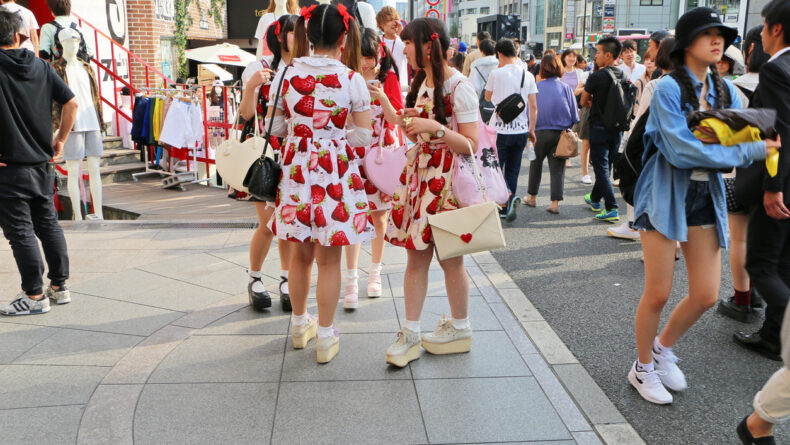
Leave a Reply